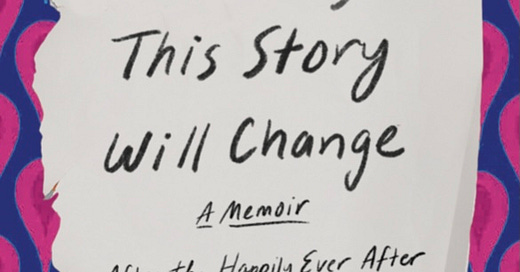Creative Conversations: An Interview with Elizabeth Crane
September 20, 2023
Creative Conversations is sent bi-weekly. Two times a month I share an interview with a writer whose work I admire. This time, it’s Elizabeth Crane!
I’ve been following the work of Elizabeth Crane ever since hearing one of her stories on NPR’s Selected Shorts over ten years ago. You can listen to her story, “Football,” read by Martha Lavey at the Steppenwolf Theater in Chicago.
Crane is an incredibly talented, prolific, and hard-working (talent is nothing without hard work, right?) writer whose work is honest and touching as well as (often) hilarious. This is a combination I’ve always wanted to master, and as a fellow writer I always admire those who can balance humor and tragedy.
In short, reading Elizabeth’s writing makes me want to write, and try new things, and challenge myself as a writer. This is the highest compliment I can give another writer.
Her debut novel, We Only Know so Much, was published in 2012 before being adapted for film, ultimately premiering at the…
Keep reading with a 7-day free trial
Subscribe to Gathering to keep reading this post and get 7 days of free access to the full post archives.



